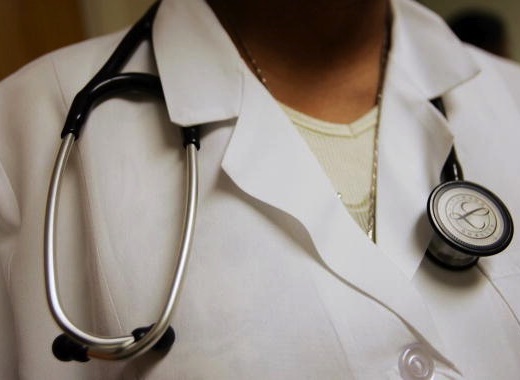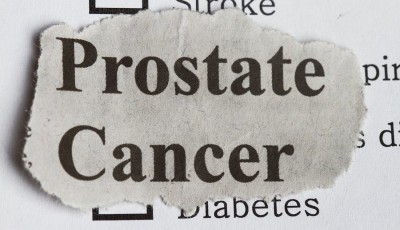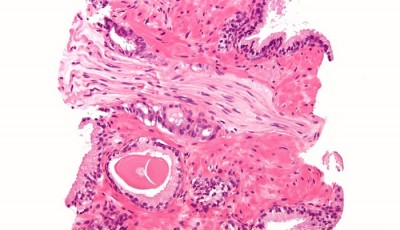8 in 10 Doctors Admit to Treating Patients While Sick
Researchers at the Children’s Hospital of Philadelphia reviewed survey responses from 480 attending physicians and 256 APCs, finding that 95 percent believed that working while sick put patients at risk but 83 percent nonetheless had worked at least once in the previous year while sick.
The researchers also found that healthcare workers have difficulty finding somebody to work in their place when they are sick and that doctors were more likely to work while sick compared with nurses or physicians assistants.
“Identifying solutions to prioritize patient safety must factor in workplace demands and variability in patient census and emphasize flexibility”, they add. “Also essential is clarity from occupational health and infection control departments to identify what constitutes being too sick to work”. In total, 538 healthcare workers participated.
The physicians cited concerns ranging from continuity of care and letting patients down to staffing concerns and fears of professional ostracism for continuing to work while aware that they really shouldn’t be.
Nearly two-thirds of respondents to the survey, who all worked at a children’s hospital in Philadelphia, said that they felt they would be ostracized by colleagues if they took a sick day.
Szymczak and colleagues likewise found that there is a strong cultural norm among healthcare service providers to report to work unless they are extraordinarily sick.
More than 61 percent responded by saying they were afraid to ask others to cover for them, or they were expected to show up unless the symptoms were “severe”. Slightly more than 92 percent said they did not want to let patients down.
Medical professionals were particularly likely to come to work if they only had respiratory problems, and 30 per cent said they would come with diarrhea.
“This desire may overwhelm our good sense”, he said.
“Most of us have policies restricting visitation by visitors who are ill, we screen them for signs or symptoms”, Starke told Reuters Health by phone.
He said that there were stigmas, both internal and external, surrounding being sick.
According to the study, “Respondents recounted critical comments made by colleagues about those who take sick leave, stories of working (or seeing others work) while so ill that they needed intravenous hydration, and the general impression of an unspoken understanding that attending physicians and APCs should “buck up” and work”.
While necessary, it won’t be easy, wrote Dr. Jeffrey R. Starke of the Baylor College of Medicine and Dr. Mary Anne Jackson of the University of Missouri-Kansas City School of Medicine, in an editorial that accompanied the study.
“Hospital leadership must ensure that the culture supports a paid sick leave policy that is adequate and nonpunitive”, his statement said.












